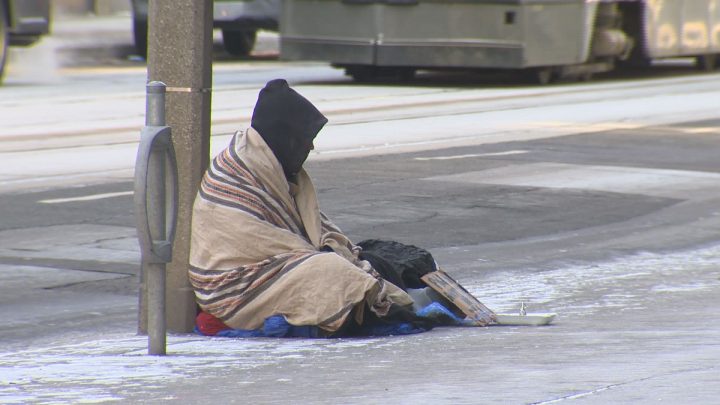A practicing Toronto street nurse believes the number of homeless deaths in the city is “likely higher” than what’s being recorded through Toronto Public Health’s (TPH) new data collection method.

Cathy Crowe, a visiting practitioner at Ryerson University’s department of politics and public administration and longtime homelessness activist, says the numbers the TPH are getting are likely “still underreported.”
“There’s still some issues around confidentiality for doctors and getting the news out on how to report the deaths,” Crowe said.
Since the new year, TPH has paired up with approximately 200 health and social service agencies in a data-sharing arrangement to more accurately track the city’s displaced.
It’s the result of a motion brought forth by Councillor Paul Ainslie regarding deaths in Toronto’s homeless community in 2016, which eventually passed.
Prior to this year, death data for homeless people in Toronto was limited to numbers coming in from those passing away at city-funded shelters.
So far in 2017, the city is reporting an average of about 2.1 deaths per week, for a total of 27 deceased from the beginning of January to the end of March. That’s almost as high as the 33 recorded in 2016 from city-administered shelters.
READ MORE: Homeless tenants evicted from ‘loft’ built beneath highway overpass
Crowe went on to say that the causes of death seen in the new data is not surprising.
“They’re very much what we expected,” she said. “Freezing deaths, death by trauma, suicide, complications of Hepatitis C.”
Ontario Coalition Against Poverty (OCAP) organizer John Clarke told AM640’s The John Oakley Show that he believes a lack of basic shelter is a “pressing issue” in relation to the numbers.
“By putting people into homeless shelters, are you going to ensure they are going to live as long as other people?” Clarke asked. “No, you’re not — but I’m afraid at the moment a lot of people don’t have the right to shelter from the elements.”
Clarke added that the city’s policy is to keep the shelters running at 90 per cent. Overall they were running at 96 per cent.
“With those kinds of levels of overcrowding, people are being denied beds, and lives are being put at risk.”








Comments